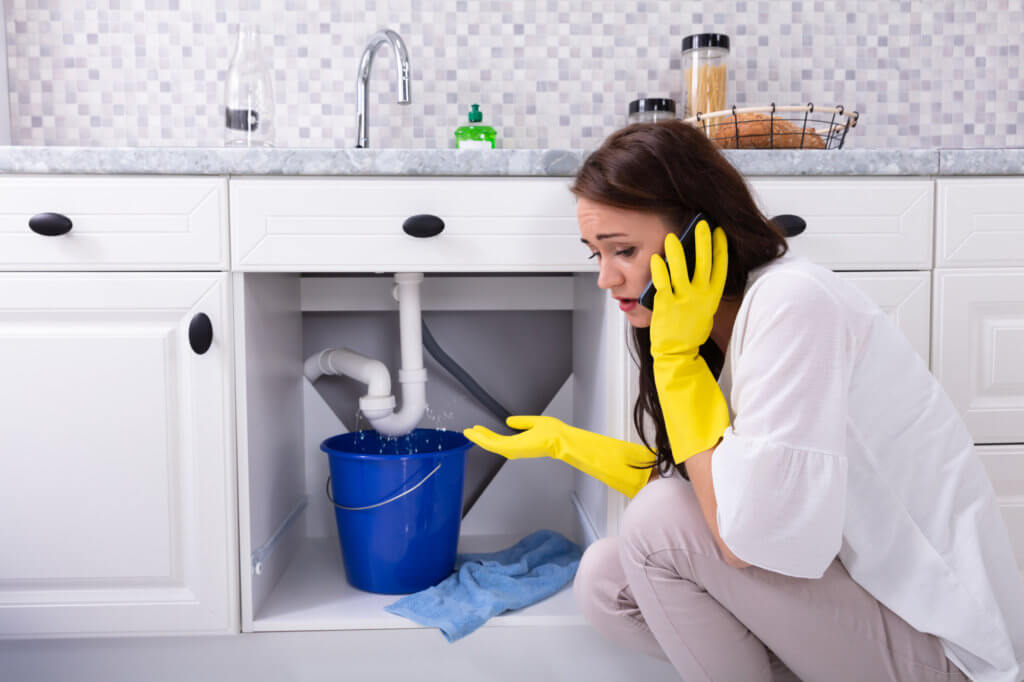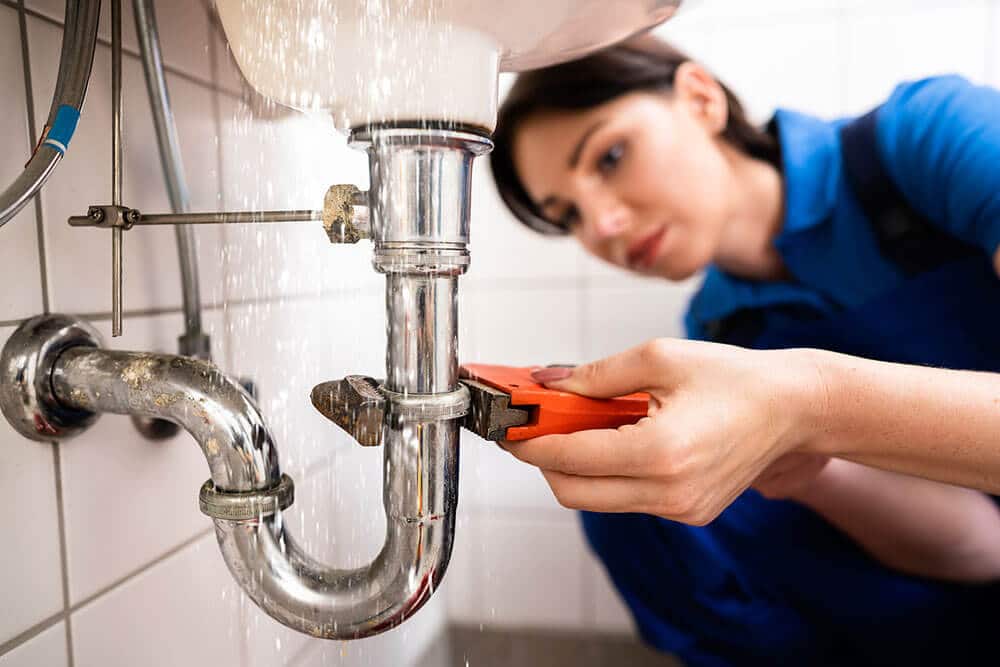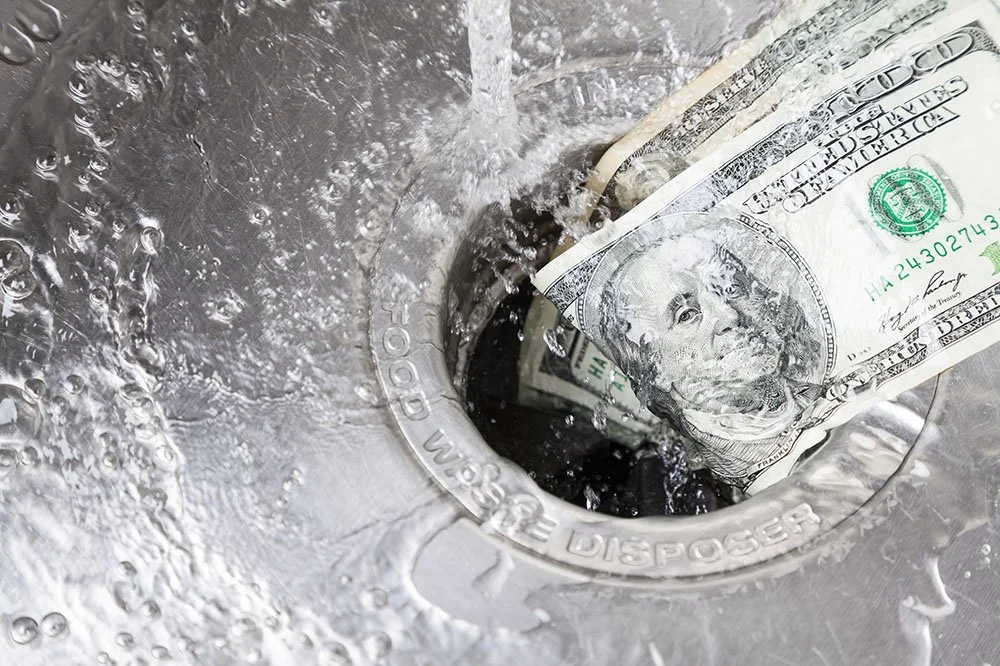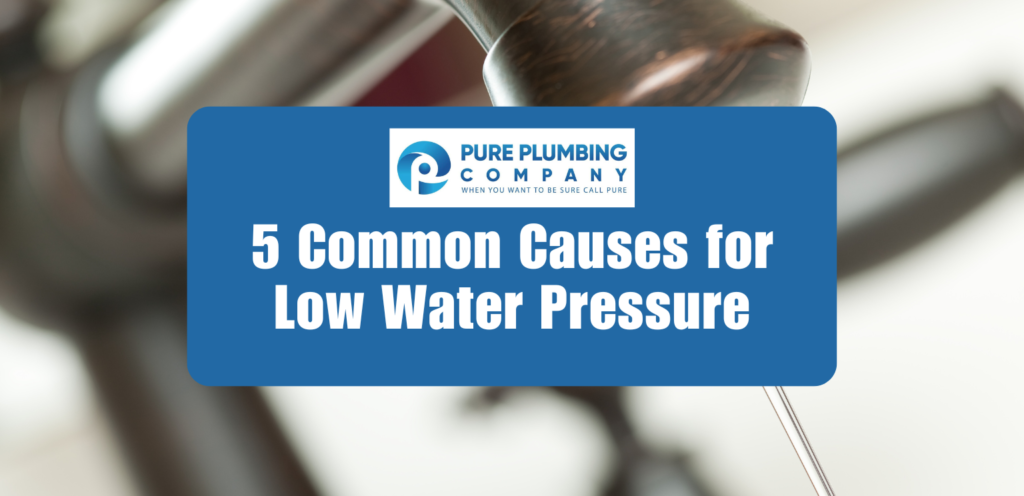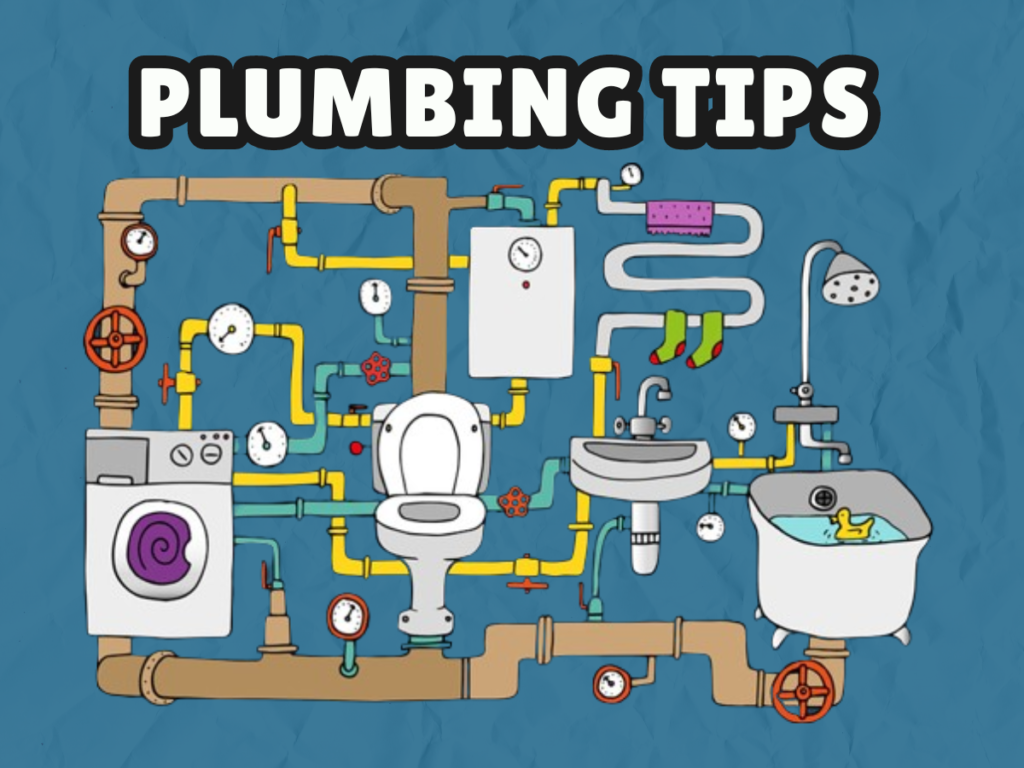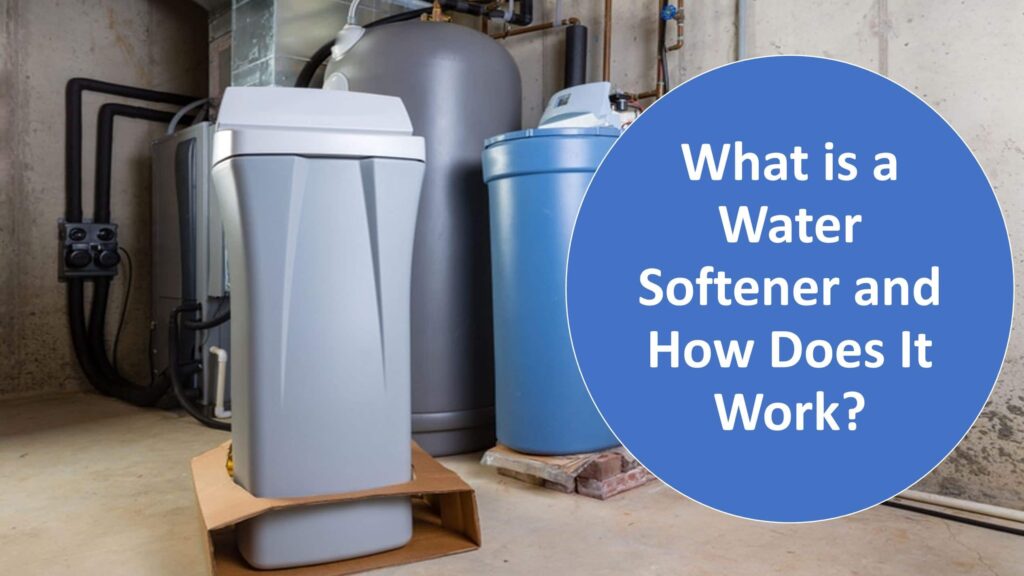Plumbing emergencies can catch homeowners off guard, causing panic and confusion. However, knowing how to respond promptly and effectively can make all the difference in minimizing damage and preventing further complications. In this in-depth guide, we’ll delve into various types of plumbing emergencies, from burst pipes to sewage backups, and provide comprehensive advice on how to identify, react, and handle these situations. Additionally, we’ll explore preventive measures to fortify your home against future emergencies and ensure the safety and security of your household.
Identifying Plumbing Emergencies:
Plumbing emergencies encompass a wide range of scenarios, each requiring urgent attention to avert disaster. Here’s a detailed look at some common types of plumbing emergencies:
Burst Pipes:
Burst pipes are one of the most alarming plumbing emergencies, capable of unleashing torrents of water into your home within seconds. This sudden influx can cause extensive flooding, leading to structural damage, mold growth, and costly repairs.
Sewage Backup:
A sewage backup is not only a foul-smelling nuisance but also a serious health hazard. Raw sewage contains harmful bacteria and pathogens that can contaminate your living space and pose significant health risks to you and your family.
Gas Leaks:
Gas leaks are potentially life-threatening emergencies that demand immediate action. Natural gas is highly combustible, and even a small leak can lead to fire or explosion. In addition to the risk of fire, gas leaks can cause asphyxiation if inhaled in high concentrations.
Overflowing Toilets:
An overflowing toilet may seem like a minor inconvenience at first glance, but if left unchecked, it can result in water damage, unsanitary conditions, and even structural issues in your home.
Water Heater Malfunction:
A malfunctioning water heater can manifest in various ways, from producing scalding hot water to failing to deliver hot water altogether. In extreme cases, a malfunctioning water heater can rupture or explode, posing a significant safety risk.
Reacting to Plumbing Emergencies:
When faced with a plumbing emergency, swift and decisive action is paramount to mitigating the damage and ensuring the safety of your home and family. Here’s a step-by-step guide on how to react effectively:
- Shut Off the Water Supply: The first order of business in any plumbing emergency is to locate the main water shut-off valve in your home and turn it off. This will stem the flow of water and prevent further flooding.
- Turn Off Electricity and Gas: If the emergency involves electrical or gas systems, such as a gas leak or water heater malfunction, it’s imperative to shut off the power supply and gas lines immediately. Electrical sparks or gas leaks can ignite in the presence of water, exacerbating the situation and posing additional hazards.
- Assess the Damage: Once you’ve addressed the immediate threats by shutting off the water, electricity, and gas, take stock of the situation and assess the extent of the damage. Look for signs of water damage, structural compromise, or potential health hazards.
- Contact a Professional: While you may be able to address some minor plumbing issues on your own, most emergencies require the expertise and tools of a licensed plumber or emergency plumbing service. Contact a reputable professional as soon as possible and provide them with detailed information about the nature of the emergency.
- Cleanup and Mitigation: While waiting for the plumber to arrive, begin cleaning up any standing water or debris to prevent further damage to your home. Use towels, mops, and buckets to soak up water and create barriers to contain the spread of water.
- Document the Damage: As you clean up and assess the situation, take photographs or videos of the affected areas for documentation purposes. These visual records will be invaluable when filing insurance claims or seeking compensation for repairs.
Preventing Future Emergencies:
While some plumbing emergencies are unavoidable, there are proactive steps you can take to reduce the likelihood of future incidents and protect your home. Here are some preventive measures to consider:
Schedule Regular Maintenance:
Invest in routine plumbing inspections and maintenance to identify and address potential issues before they escalate into emergencies. A qualified plumber can detect hidden leaks, corroded pipes, and other problems that could lead to catastrophic failures if left unchecked.
Know Your Plumbing System:
Familiarize yourself with the layout and components of your home’s plumbing system, including the locations of shut-off valves, water meters, and gas lines. Knowing how to shut off the water and gas in an emergency can save precious time and minimize damage.
Educate Household Members:
Ensure that everyone in your household, including children, teenagers, and elderly family members, knows how to recognize and respond to plumbing emergencies. Teach them how to shut off the water and gas, as well as how to safely evacuate the premises if necessary.
Upgrade Aging Fixtures:
If your home is equipped with outdated plumbing fixtures, such as old pipes, fittings, and appliances, consider upgrading to newer, more reliable models. Modern plumbing fixtures are designed to be more durable, efficient, and resistant to corrosion, reducing the likelihood of leaks and malfunctions.
Consider Emergency Preparedness:
Develop an emergency preparedness plan that outlines the steps to take in the event of a plumbing emergency. Include contact information for local plumbers, emergency services, and utility companies, as well as a list of essential supplies and resources.
Conclusion:
Plumbing emergencies can indeed be overwhelming, but with the right knowledge, preparation, and quick action, you can effectively manage these situations and safeguard your home and loved ones. By becoming familiar with common plumbing emergencies, knowing how to respond swiftly and decisively, and taking proactive measures, you can mitigate damage, lower risks, and preserve the integrity of your home’s plumbing system. It’s crucial to prioritize safety above all else during emergencies, and having a reliable emergency plumbing company on speed dial can provide invaluable assistance when needed. With proper planning and vigilance, you can navigate plumbing emergencies with confidence and peace of mind, knowing that you’re well-equipped to handle whatever challenges come your way.


